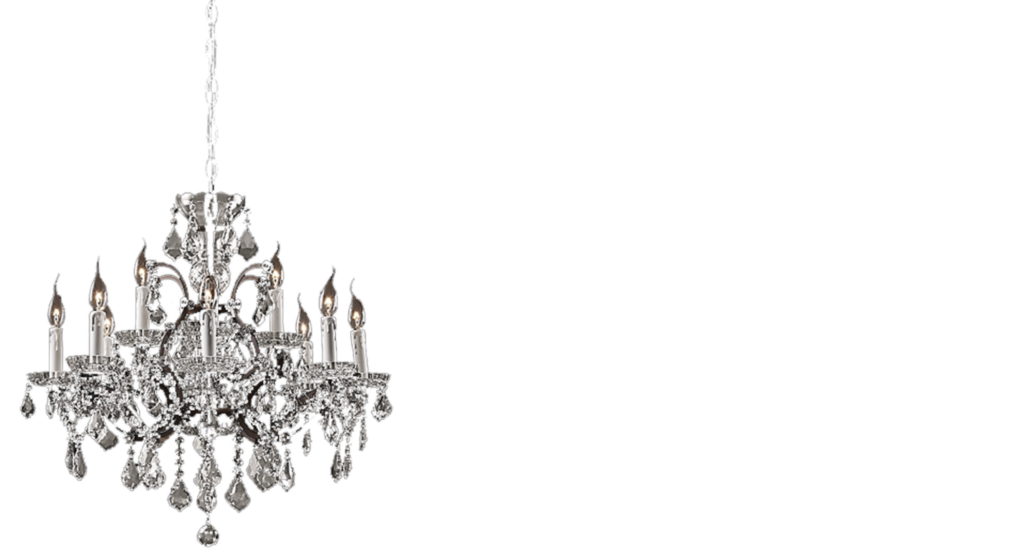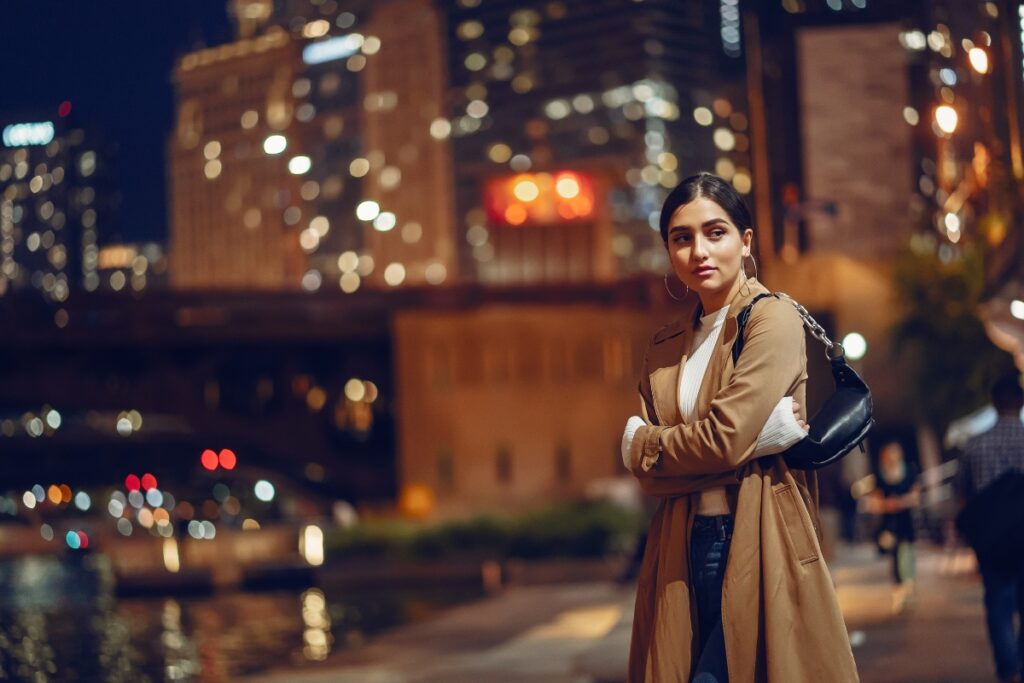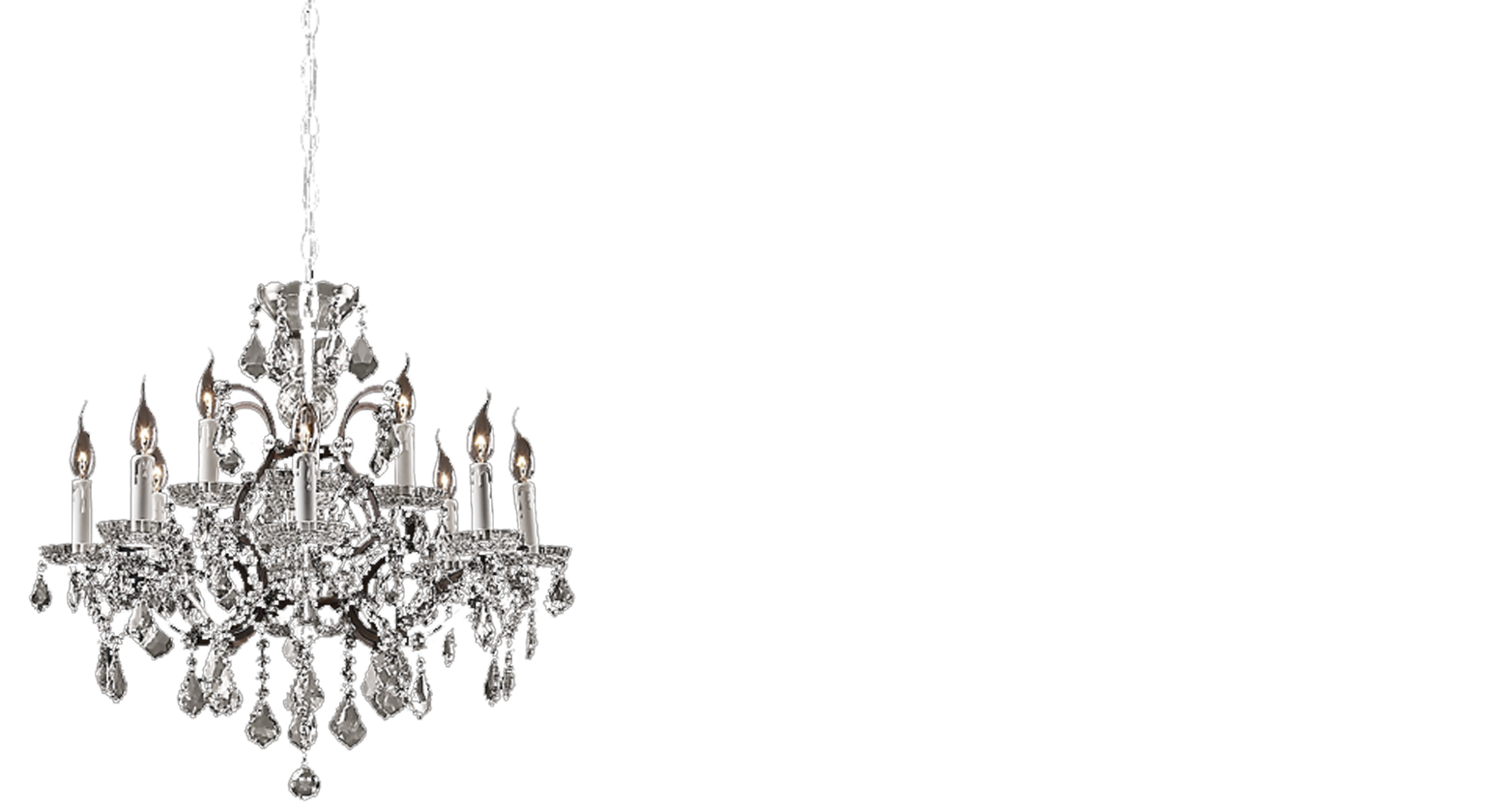Key Takeaways:
- Urban environments like Chicago can intensify anxiety symptoms due to constant noise, crowded spaces, high cost of living, and overstimulation, especially in busy neighborhoods like the West Loop.
- Common anxiety triggers in Chicago include traffic, social pressure, workplace stress, and winter depression, all of which can exacerbate conditions like generalized anxiety disorder (GAD) and panic disorder.
- What are the most common anxiety triggers in Chicago? The most common triggers include environmental noise, financial stress, harsh winters, safety concerns, and feelings of social isolation in crowded urban settings.
- Keeping a trigger journal can help identify patterns in anxiety, enabling individuals to notice when symptoms like muscle tension or intrusive thoughts arise and take proactive steps toward treatment.
- Chicago’s fast-paced lifestyle may lead to burnout and mental health strain, especially when compounded by personal stressors like job pressure or housing insecurity, making early intervention critical.
Chicago’s fast-paced urban lifestyle can significantly contribute to rising rates of anxiety, especially among individuals already predisposed to anxiety disorders. The constant exposure to stressors—such as dense traffic, noise pollution, high costs of living, and overstimulation—can aggravate symptoms of anxiety, including muscle tension, shortness of breath, increased heart rate, and excessive worry. For many, this pressure can trigger or worsen conditions like generalized anxiety disorder (GAD), panic disorder, or social anxiety disorder, particularly when they face overwhelming social situations in public settings.
Living in a major city like Chicago also makes it challenging for some individuals to find time and space for mental health and wellness. This urban environment may delay access to professional help or lead to neglected self-care routines. However, the city also offers access to evidence-based treatment options, such as cognitive behavioral therapy (CBT), dialectical behavior therapy (DBT), and medication management, through outpatient clinics like Luxury Psychiatry Clinic. With proper support from a qualified mental health professional, individuals can learn coping strategies to improve their quality of life despite the pressures of city living.
What Are Common Anxiety Triggers in Chicago?
Chicago residents face a wide range of anxiety triggers rooted in both the city’s fast-paced lifestyle and its environmental conditions. Understanding these local triggers is essential for identifying symptoms of anxiety early and developing an effective treatment plan. While anxiety disorders can affect anyone, certain stressors unique to Chicago may increase the likelihood of experiencing panic attacks, intrusive thoughts, or physical symptoms like shortness of breath or muscle tension. Below are four common triggers that our clinicians at Luxury Psychiatry Clinic often help patients manage:
Urban Noise, Traffic, and Crowds in the West Loop
The West Loop is one of Chicago’s most vibrant neighborhoods—but its constant noise, heavy traffic, and crowded sidewalks can overwhelm the senses. For those with generalized anxiety disorder (GAD) or specific phobias, daily exposure to overstimulation can provoke symptoms ranging from excessive worry to physical health complaints like elevated heart rate. Even simple errands can become distressing without healthy coping strategies in place.
Workplace Stress in Chicago’s Corporate Culture
Chicago’s thriving business districts come with a competitive corporate atmosphere. High demands, long hours, and fear of underperformance can quickly lead to burnout or anxiety disorders, especially in individuals predisposed to obsessive-compulsive disorder (OCD) or panic disorder. Without proper anxiety treatment, this chronic stress can affect mental health, relationships with loved ones, and overall well-being.
Seasonal Depression and Harsh Winters
The city’s long, gloomy winters are notorious for worsening mood disorders, including seasonal affective disorder (SAD) and anxiety. Lack of sunlight, frigid temperatures, and limited time outdoors can reduce serotonin levels and disrupt daily life, increasing symptoms of anxiety and depression. Many Chicago residents report heightened symptoms of social anxiety disorder or GAD during these months.
Social Pressure and Isolation in a Big City
Ironically, living in a densely populated city like Chicago can increase feelings of isolation. The pressure to maintain appearances in social situations or on social media can cause or worsen low self-esteem, social anxiety, or obsessive behaviors. Without access to a mental health professional, many struggle silently while symptoms escalate—underscoring the need for early intervention and therapy.
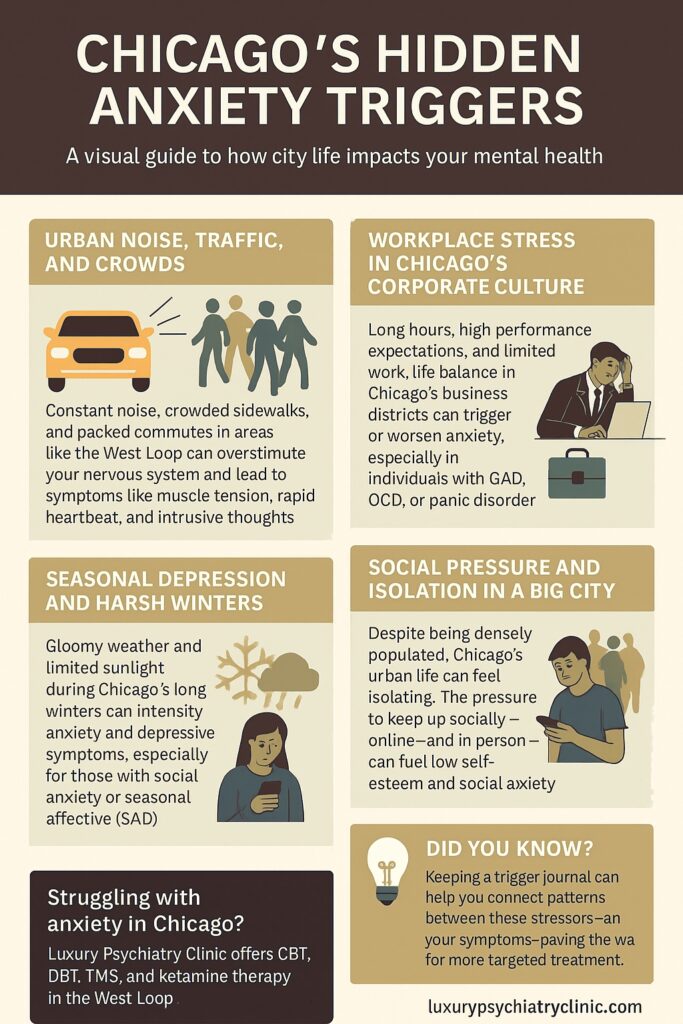
How Chicago’s Environment Can Affect Mental Health
Chicago’s diverse urban environment can be both exciting and overwhelming, especially for individuals navigating a mental health condition. While the city offers rich culture and opportunity, it also presents environmental factors that can trigger or worsen anxiety disorders. Below, we break down a few key environmental stressors and how they can affect mental and behavioral health:
Fast-Paced Lifestyle and Burnout Risk
From tight schedules to constant connectivity, Chicago’s fast-paced lifestyle can easily lead to emotional and physical burnout. Individuals juggling demanding jobs, commutes, and social expectations may begin to experience symptoms of anxiety such as muscle tension, shortness of breath, and intrusive thoughts. Over time, without proper coping strategies or professional help, this can evolve into more serious forms of anxiety, including panic attacks or generalized anxiety disorder (GAD).
Neighborhood Safety and Personal Security Concerns
Concerns about neighborhood safety can be a persistent source of stress, especially for those living in areas with higher crime rates. These anxieties can manifest as hypervigilance, obsessive thoughts, or even post-traumatic stress disorder (PTSD) in individuals who have experienced or witnessed a traumatic event. The resulting fear can limit one’s comfort in daily life, causing people to withdraw from social situations or avoid necessary routines.
The Impact of Housing Costs and Financial Stress
Chicago’s rising housing costs and overall cost of living can create ongoing financial strain, particularly for young professionals and families. Chronic money-related stress is a well-known contributor to mood disorders and anxiety. It can lower self-esteem, disrupt sleep, and make it difficult to focus—affecting both work and home life. Without access to a comprehensive treatment plan that includes therapy, relaxation techniques, or even medication management, many people silently suffer from symptoms of anxiety rooted in economic uncertainty.
Identifying Your Personal Anxiety Triggers in Chicago
Recognizing what specifically triggers your anxiety is a crucial step toward managing symptoms and improving your overall well-being. In a city like Chicago—where environmental, social, and occupational stressors are common—pinpointing your unique anxiety triggers can help you develop more effective coping strategies. Whether you’re dealing with generalized anxiety disorder, panic disorder, or social anxiety, gaining insight into what sets off your symptoms can guide you toward the right treatment options. Below are two helpful strategies for identifying and addressing personal anxiety triggers:
How to Keep a Trigger Journal
A trigger journal is a simple but powerful tool to help you understand patterns in your anxiety. By recording the time, place, physical symptoms (like muscle tension or elevated heart rate), and thoughts you experienced during stressful moments, you begin to notice what consistently affects your mental health. For example, you might discover that crowded L trains, deadlines at work, or certain social situations consistently provoke feelings of excessive worry or panic. Journaling can also help your mental health professional tailor an evidence-based treatment plan that fits your individual needs, whether through psychotherapy, cognitive behavioral therapy (CBT), or exposure therapy.
When to Seek Professional Help for Anxiety
If your anxiety is interfering with your daily life, relationships with loved ones, or ability to function at work, it may be time to seek professional help. Symptoms like obsessive thoughts, frequent panic attacks, or avoidance of social situations aren’t just “part of living in a big city”—they’re signs of a mental health condition that can improve with proper care. At Luxury Psychiatry Clinic, we offer both in-person and telehealth anxiety treatment options in Chicago, including CBT, dialectical behavior therapy (DBT), and medication management. Our outpatient clinicians are committed to helping you regain control, improve your quality of life, and achieve long-term wellness.
Anxiety Treatment Options Available in Chicago’s West Loop
If you’re struggling with symptoms of anxiety in the Chicago area, you’re not alone—and more importantly, you don’t have to manage it alone. The West Loop is home to a growing number of mental health providers offering effective, evidence-based treatment for anxiety disorders. Whether you’re dealing with generalized anxiety disorder (GAD), panic disorder, obsessive-compulsive disorder (OCD), or social anxiety, finding the right support can make a life-changing difference. At Luxury Psychiatry Clinic, we provide a range of personalized outpatient services tailored to your specific needs and lifestyle.
Therapy and Psychiatry at Luxury Psychiatry Clinic
Our West Loop location offers both psychotherapy and psychiatric care to help clients overcome a wide range of anxiety disorders. We utilize cognitive behavioral therapy (CBT), dialectical behavior therapy (DBT), and acceptance and commitment therapy (ACT), depending on the individual’s symptoms and treatment goals. Our licensed clinicians specialize in helping patients manage excessive worry, intrusive thoughts, phobias, and other common symptoms of anxiety, with a focus on building self-esteem and long-term coping strategies. Sessions are available both in-person and via telehealth to fit seamlessly into your daily life.
Advanced Treatments: TMS, Ketamine, and Medication Management
For clients who haven’t found relief through traditional therapy alone, we offer advanced anxiety treatment options such as transcranial magnetic stimulation (TMS) and ketamine therapy. These cutting-edge approaches can be especially helpful for those with treatment-resistant anxiety or comorbid mood disorders. We also provide comprehensive medication management, working closely with each patient to find the right balance that supports both their mental and physical health. Whether you’re exploring short-term solutions or seeking a full-scale treatment plan, our team is committed to helping you regain control and improve your overall quality of life.
FAQ: Anxiety Triggers and Mental Health in Chicago
Chicago’s high population density, unpredictable weather, traffic congestion, and fast-paced work culture can contribute to chronic stress. These environmental and social stressors can overwhelm even the most resilient individuals, especially those already managing an anxiety disorder or other mental health condition.
Yes, relocating to a quieter or safer neighborhood can help reduce certain anxiety triggers, such as noise, safety concerns, or lack of community support. However, it’s important to remember that anxiety is often multi-layered, and while a change of environment may help, long-term relief usually involves professional help and evidence-based treatment.
If your anxiety symptoms—like panic attacks, muscle tension, or intrusive thoughts—consistently appear in specific situations or environments, you may be dealing with trigger-related anxiety. Keeping a journal or working with a mental health professional can help identify these patterns and guide you toward effective treatment options like CBT or exposure therapy.
